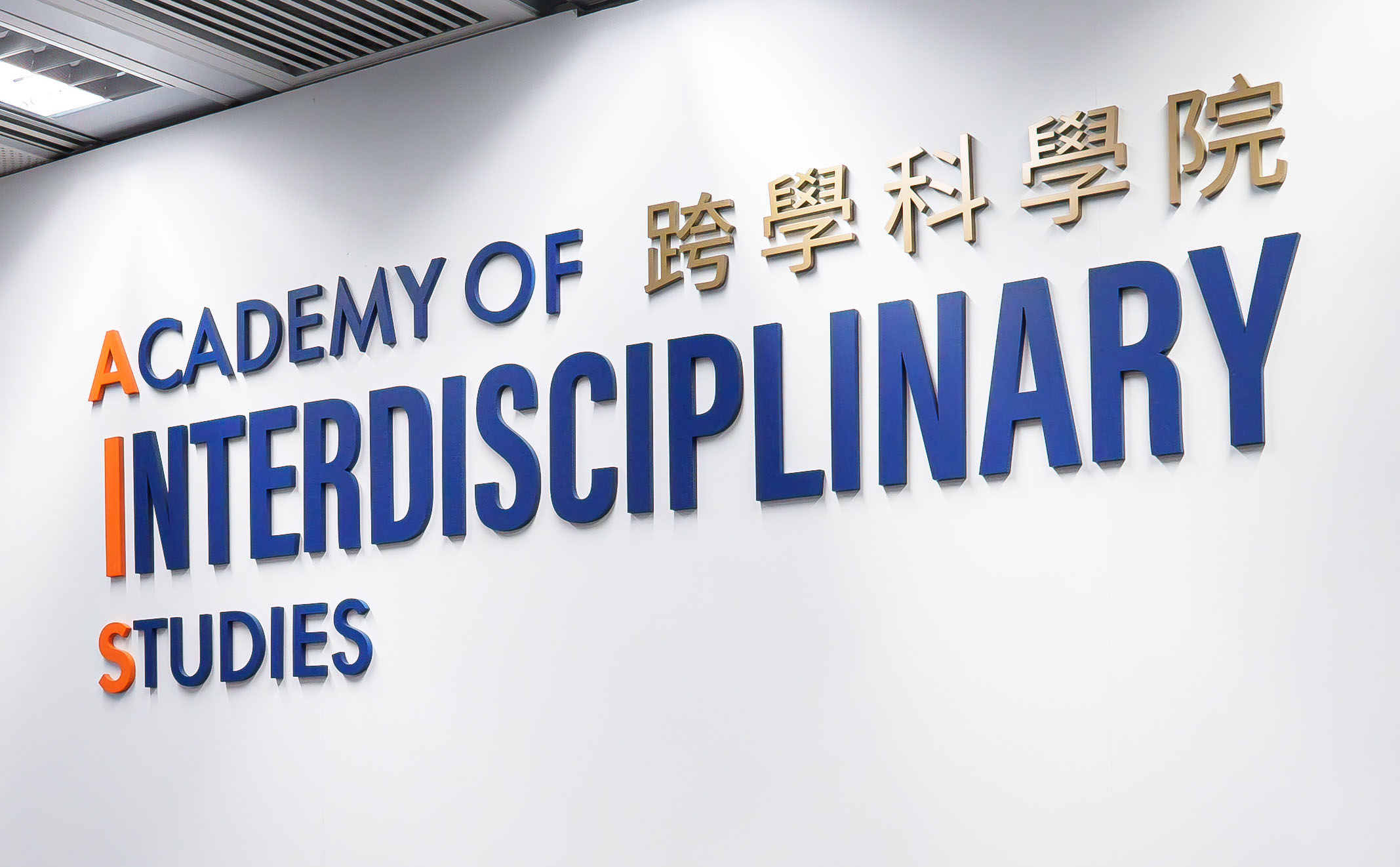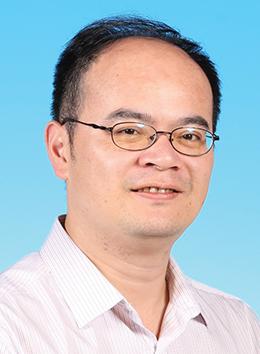
In a notable achievement, 31 faculty members from HKUST’s Academy of Interdisciplinary Studies (AIS) have been recognized as “World’s Top 2% Scientists” for 2025 according to the latest metrics compiled by Stanford University. This recognition nearly doubles last year’s figure, underscoring AIS’s commitment to excellence and relentless pursuit of knowledge through interdisciplinary research.
This representation constitutes 38% of our regular faculty, reflecting a sustained dedication to research quality. Notably, 14 faculty members have been featured in both career-long and single-year impact lists, demonstrating their enduring influence in their respective fields.
Spanning a wide array of disciplines—including Artificial Intelligence, Chemistry, Earth & Environmental Sciences, Economics & Business, Enabling & Strategic Technologies, Engineering, Industrial Engineering & Automation, Meteorology & Atmospheric Sciences, Physics & Astronomy, and Political Science & Public Administration—this accolade highlights the AIS’s strength in fostering innovation and interdisciplinary collaboration.
Kudos to our stellar faculty members for their exceptional contributions in their fields!
Career-long and Single-year Impact (in alphabetical order by surname)
|
Image

|
Prof. CHAN Wan
Expertise: Analytical chemistry; Bioanalytical chemistry; Chemical toxicology; Food chemistry; Mass spectrometry |
|
Image
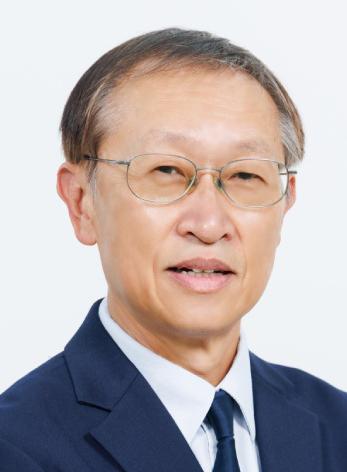
|
Prof. CHEN Fei
|
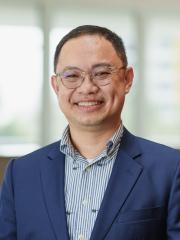 |
Prof. Laurence DELINA
Expertise: Renewable energy; Environmental sustainability; Global and planetary change; Policy evaluations |
|
Image
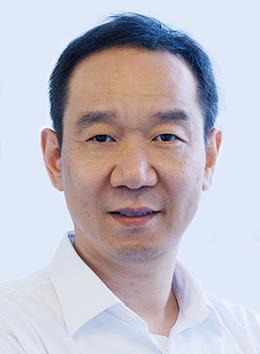
|
Prof. GUO Song
|
|
Image
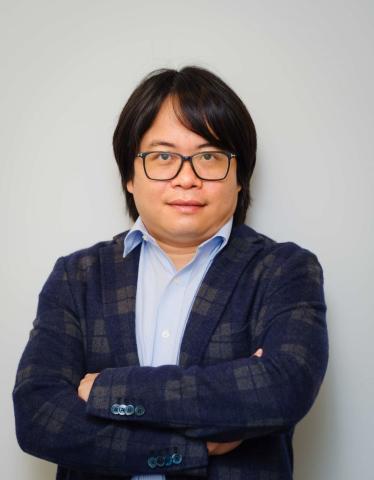
|
Prof. HUI Pan
Expertise: Mobile computing; Computer networking; Data analytics; Human-computer interaction |
|
Image
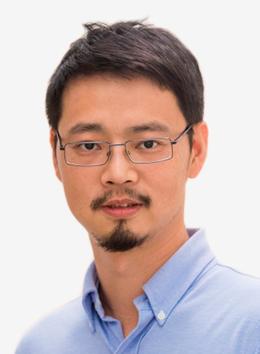
|
Prof. LI Mo
Expertise: Wireless and mobile computing; Smart city and urban data analytics; Low altitude systems and communications; Internet of Things (IoT) and AIoT |
|
Image
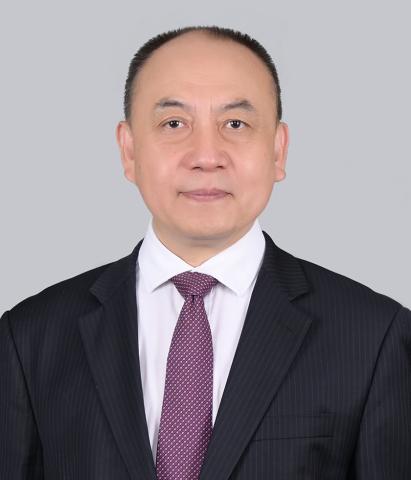
|
Prof. QI Ye
Expertise: Climate change and Environmental policy and governance; Sustainability science and applications |
|
Image
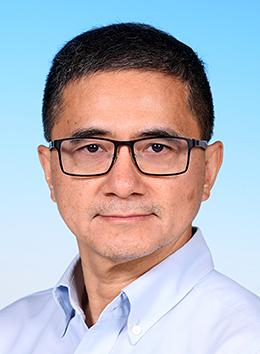
|
Prof. TSUI Chi Ying
Expertise: AI hardware accelerator; Baseband application-specific integrated circuit (ASIC); Computer architecture; Embedded systems; Energy harvesting; Integrated circuits and systems |
|
Image
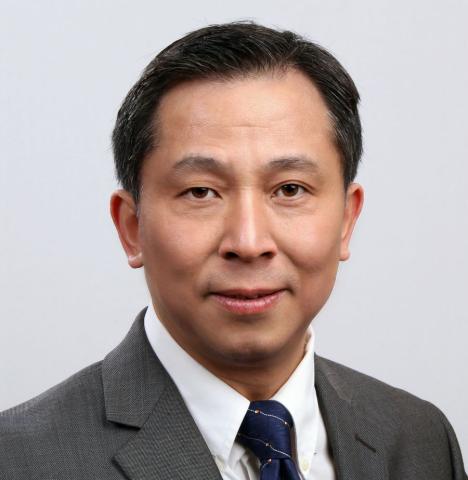
|
Prof. XIONG Hui
Expertise: Data Mining, Big Data Analytics of Human Resources, Mobile Computing, Business Intelligence, Information Asurance |
|
Image
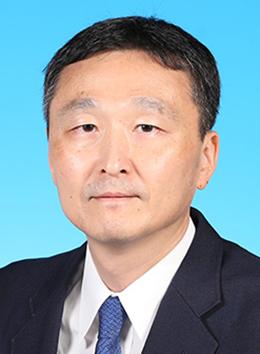
|
Prof. Masaru YARIME
Expertise: Policy design and innovations; Emergence of the innovation systems approach; Energy policy and technology development; Climate change and global environmental governance; Big data and social science research |
|
Image
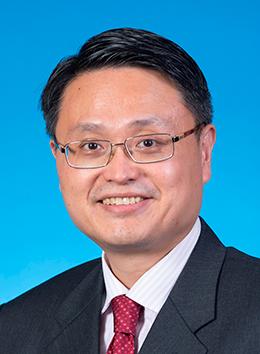
|
Prof. YEUNG King Lun
Expertise: Environmental pollution treatment; Nanoporous and nanostructured materials; Biomedical engineering (BME) |
|
Image

|
Prof. YU Jianzhen
Expertise: Aerosol chemistry; Analytical chemistry; Atmospheric applications; Environmental analysis |
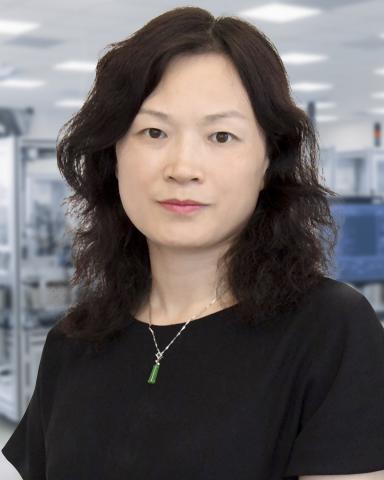 |
Head, Division of Integrative Systems and Design Expertise: Computer networking; Wireless systems; Cyber-physical systems; Mobile computing; Cybersecurity |
|
Image
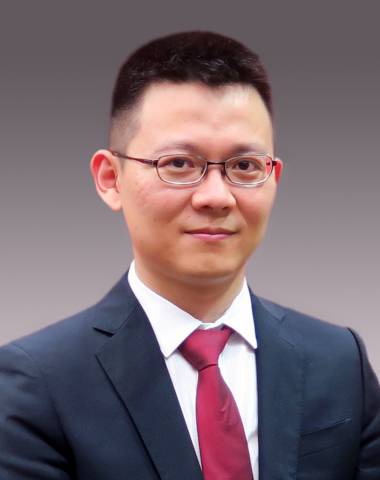
|
Prof. ZI Yunlong
Expertise: |
Single-year Impact (in alphabetical order by surname)
|
Image
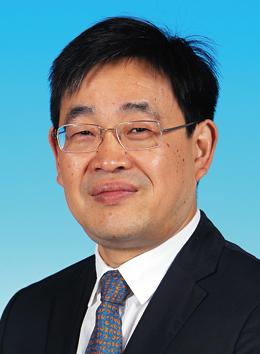
|
Prof. CHEN Guanghao Chair Professor, Division of Environment and Sustainability; Department of Civil and Environmental Engineering Expertise: Environmental engineering |
|
Image
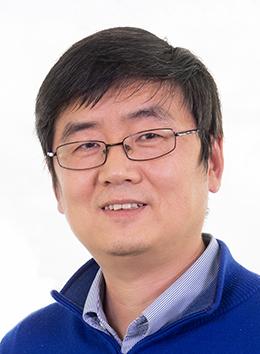
|
Prof. FU Hongbo
Expertise: Computer graphics; Human-computer interaction; Computer vision |
|
Image
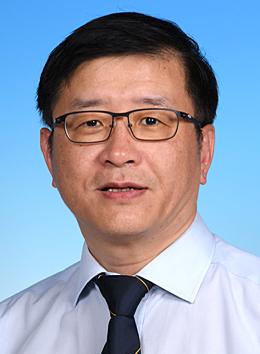
|
Prof. GAN Jianping Chair Professor, Division of Environment and Sustainability; Department of Mathematics; Head and Chair Professor, Department of Ocean Science (OCES) Expertise: Ocean circulation and ecosystem modeling; Computational fluid dynamics; Physical oceanography; Ocean circulation and ecosystem; Regional climate change modeling |
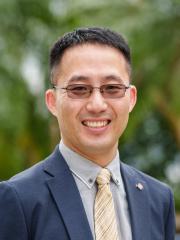 |
Prof. Alex HE Jingwei
Expertise: Health policy; Policy design and innovations; Population aging; Social policy |
|
Image
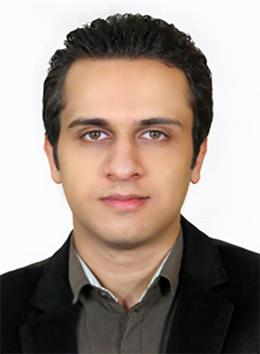
|
Prof. Arash KAZEMIAN
Expertise: Renewable energy systems; Solar technologies; Optimization; Predictive analytics; Energy analysis; Nanotechnology applications |
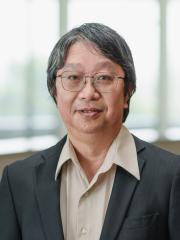 |
Prof. Alexis LAU Tang Junyuan Professor of Environmental Science
Expertise: Air quality analysis, forecasts and management, Air pollution exposure and health impact assessment, Climate adaptation and resilience, Sustainable urban environment, Green and sustainable finance |
|
Image
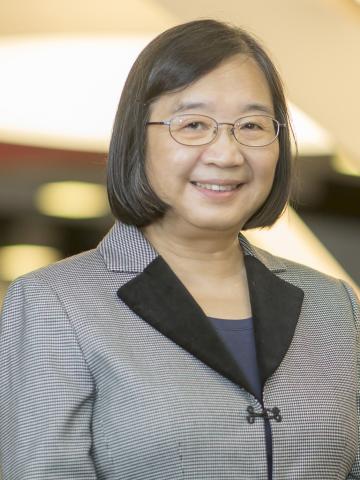
|
Prof. Kei May LAU
Expertise: Compound semiconductor materials and devices; III-V on Si integration by epitaxy; Photonics devices; Power semiconductor devices |
|
Image
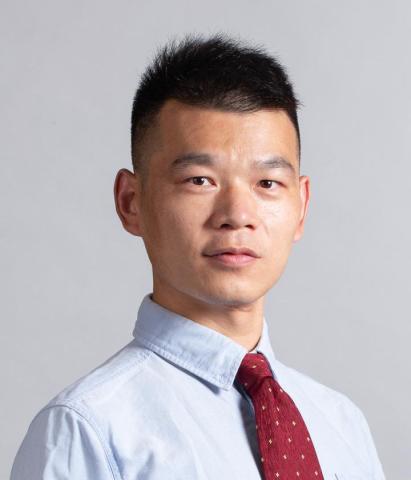
|
Prof. LI Jia
|
|
Image
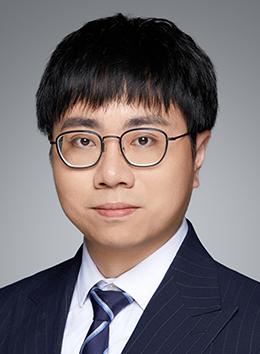
|
Prof. LIU Yuan
Expertise: Computational design; 3-dimensional (3D) reconstruction; Computer graphics; Computer animation; Geometry processing |
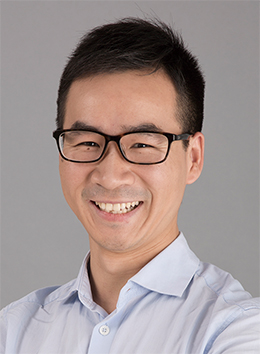 |
Prof. LUO Wenhan
|
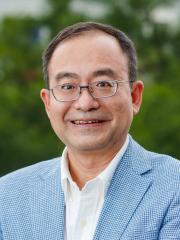 |
Prof. QU Huamin
Expertise: Information visualization, Big data, Human-computer interaction, Artificial intelligence, Mobile augmented reality |
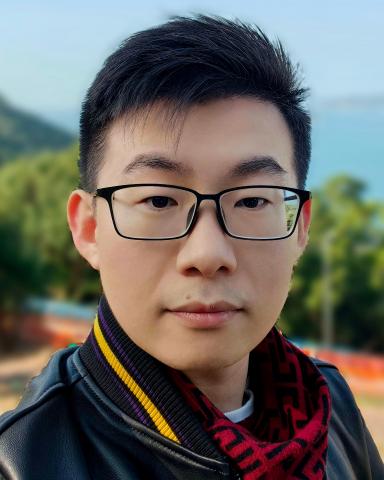 |
Prof. XU Dongfang
Expertise: 6G network design; Wireless communication techniques; Optimization theory; Machine learning-based communication |
|
Image
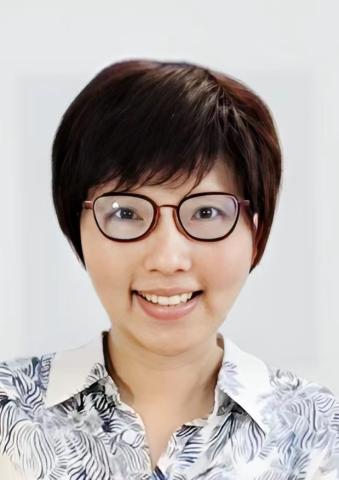
|
Prof. YANG Liuqing
Expertise: Multi-entity intelligence with applications to transportation and energy systems; |
 |
Prof. Sai-Kit YEUNG PhD, The Hong Kong University of Science and Technology
|
Career-long Impact (in alphabetical order by surname)
|
Image
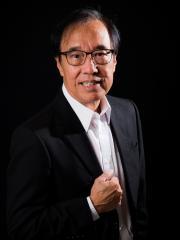
|
Professor Emeritus, Division of Environment and Sustainability Co-founder, Dual Degree Program in Technology & Management
Expertise: Surface and interface science; Polymer blends and alloys; Conductive composite polymers; Crosslinking of polymers; Adhesion phenomena |
|
Image
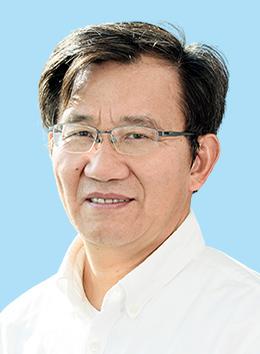
|
Prof. LI Zexiang |
 |
Prof. Nevin ZHANG
|
About World’s Top 2% Scientists by Stanford University 2025
The “science-wide author databases of standardized citation indicators” compiled by Stanford University is based on the top 100,000 scientists by c-score (with and without self-citations) or a percentile rank of 2% or above in the sub-field, using Scopus data. Scientists are classified into 22 scientific fields and 174 sub-fields according to the standard Science-Metrix classification. Career-long data are updated to end-of-2024 and single recent year data pertain to citations received during calendar year 2024.
Click here to read the latest metrics published on September 19, 2025:
https://elsevier.digitalcommonsdata.com/datasets/btchxktzyw/8

